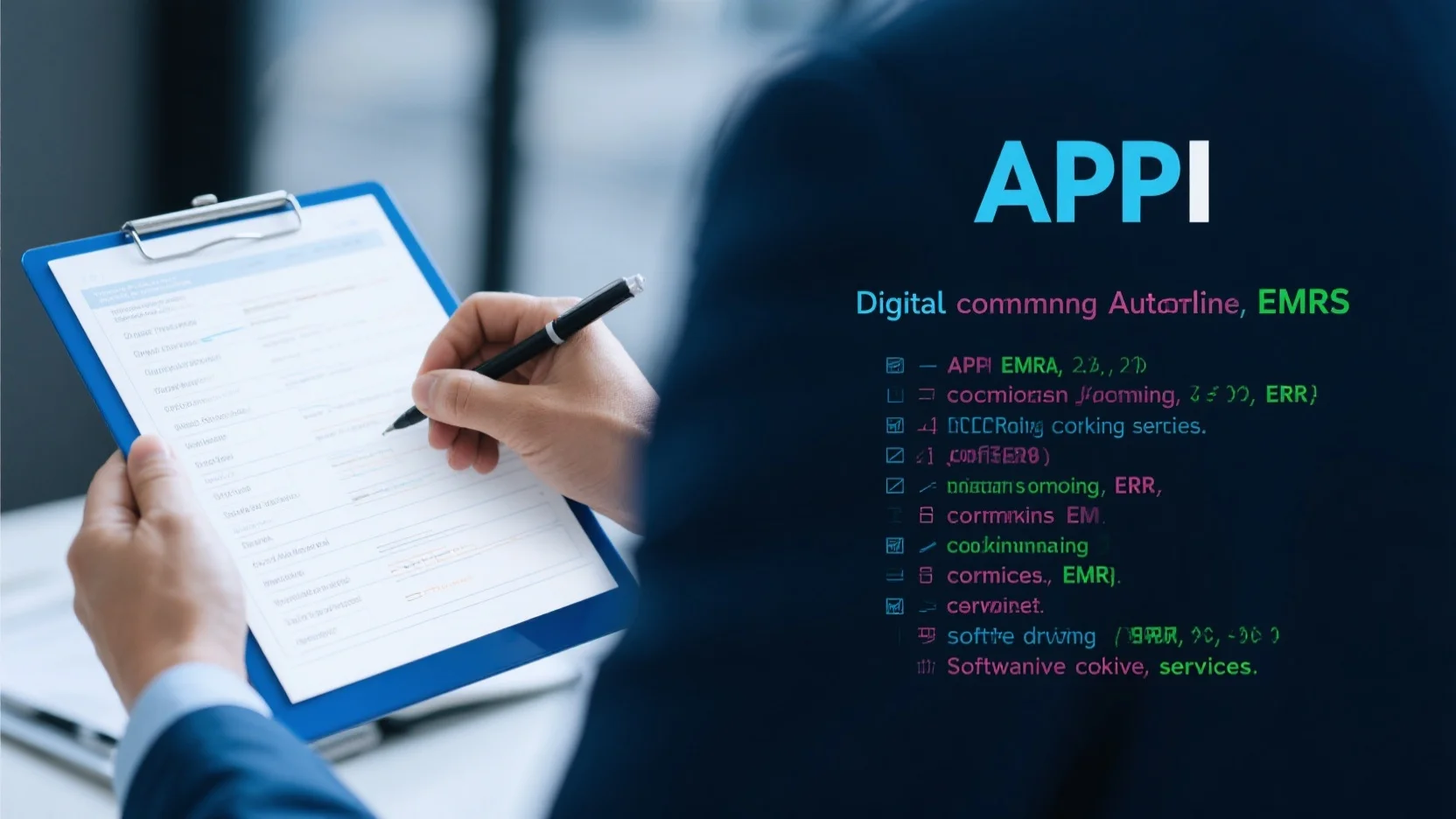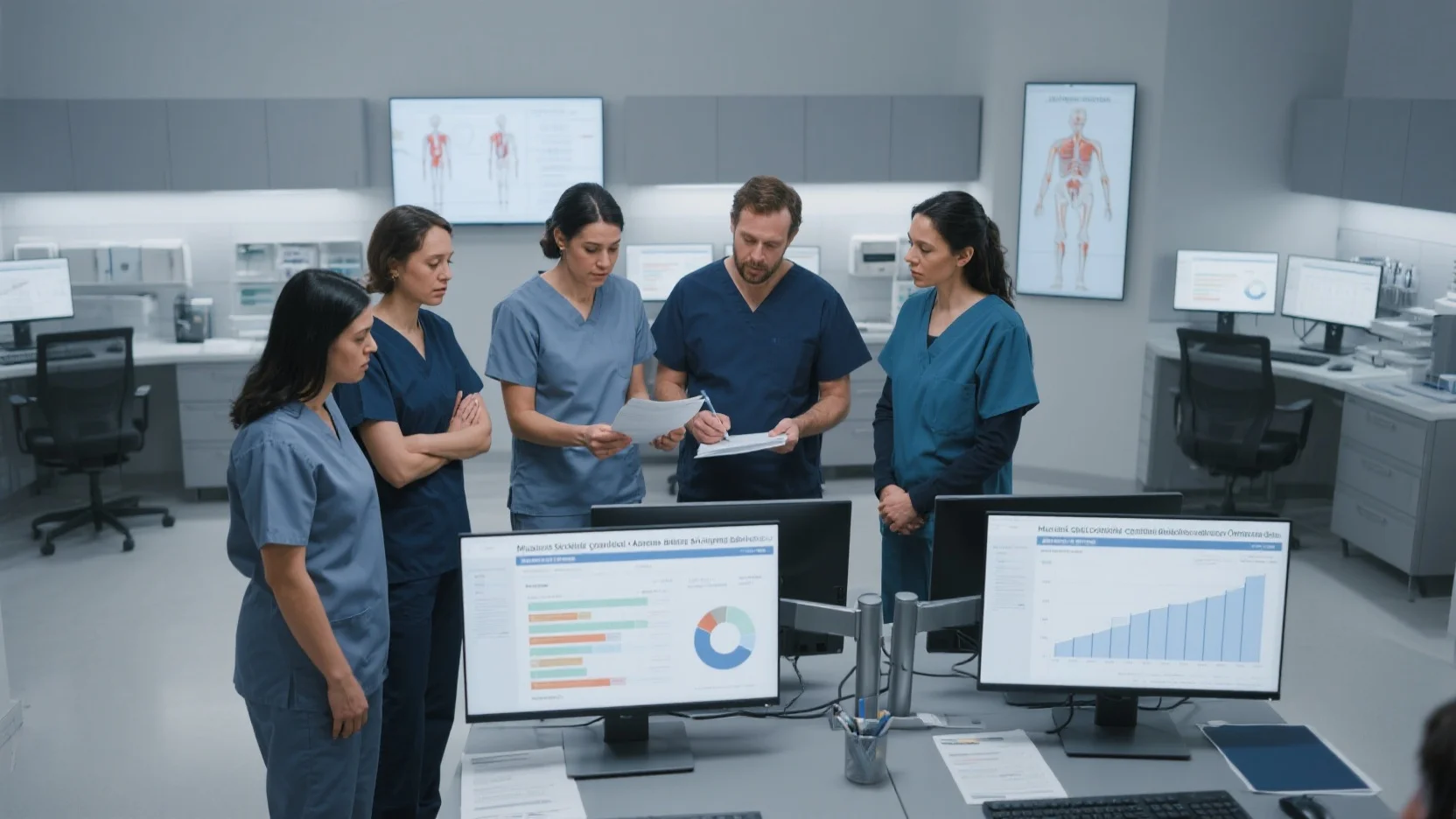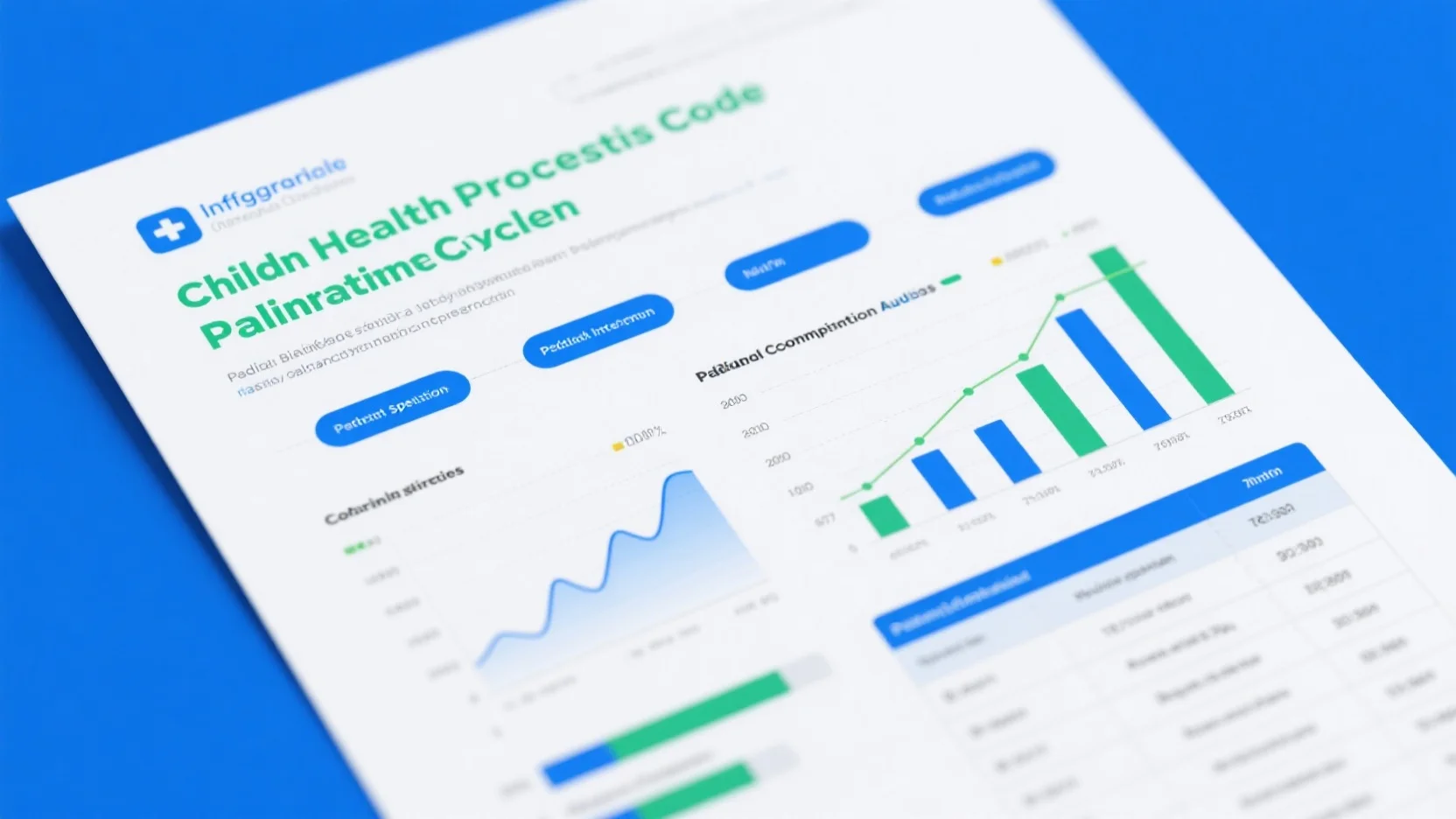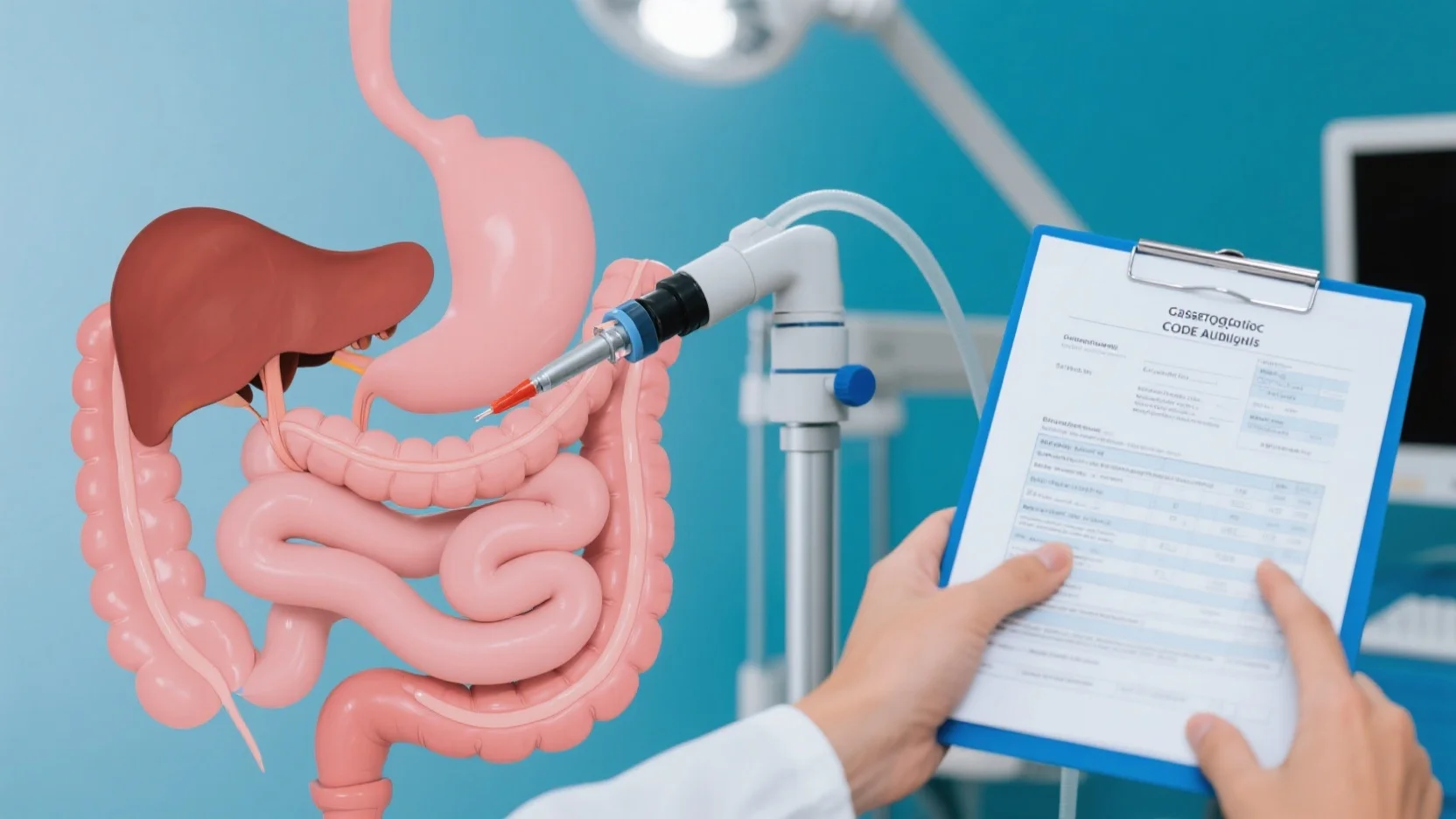Need to slash 2024-2025 cardiology claim denials by 20%? Certified coding specialists are your secret to premium revenue recovery—here’s why. According to the 2024 ACC Audit Report and CMS guidelines, practices using compliance-first coders avoid $10K-$50K yearly in penalties and see reimbursements 14 days faster. Unlike generalist coders, specialists master niche updates (think 2025 PCI imaging codes 0913T/0914T) and fix EHR-billing gaps, cutting documentation errors by 35%. Act now: Secure a free compliance audit consultation + CMS-aligned training tools with our 2024 Best Price Guarantee. Don’t risk undercoding—2024-2025 success starts with the right specialist.
Cardiology Coding Specialists: Mastering Heart Procedure Audits, Billing Integration, and Revenue Cycle Compliance for 2024-2025 Success
Did you know cardiology practices that prioritize ongoing coding specialist training reduce claim denials by 20%? (SEMrush 2023 Study). In an era of complex CPT/ICD-10 updates and rising compliance demands, cardiology coding specialists are the linchpin of revenue integrity and regulatory adherence.
Primary Responsibilities
Cardiology coding specialists bridge clinical care and financial operations, managing three core domains:
Key Regulatory and Coding Updates (2024-2025)
Recent changes demand vigilance:
- 2024: 23 new CPT® codes, including updates for electrophysiology studies and heart failure management (ACC 2024).
- 2025: AMA introduces codes for minimally invasive techniques like drug-coated balloon angioplasty with IVUS/OCT (0913T/0914T), addressing documentation of "specific reason for study" (info [1]).
Common Challenges in Practice
- Complex procedures: Interventional cardiology (PCI), echo-cardiology, and transplant codes require deep expertise (info [2]).
- Documentation burden: Physicians spend 50% of time on EHR tasks vs. 12-27% on patient care, increasing errors (info [3]).
- Denials: 35% of cardiology claims are denied due to coding errors, delaying revenue (ACC 2024 Audit Report).
Audit Workflows for Heart Procedure Codes
Follow this 5-step workflow to minimize errors:
- Pre-audit planning: Identify high-risk codes (e.g., 93452 for left heart catheterization) and review EHR templates.
- Documentation review: Verify clinical diagnosis, procedure necessity, and modifier use (e.g., 22 for increased services).
- Code cross-check: Use the CODERS’ SPECIALTY GUIDE (info [4]) to align CPT® with ICD-10-CM.
- Denial root cause analysis: Flag trends (e.g., missing "reason for pharmacological stress" in stress echo docs).
- Training implementation: Conduct quarterly workshops on 2024/2025 code changes.
Common Errors in Echocardiogram/Stress Test Billing
A 2024 ACC study found 15% of stress echo claims are denied due to:
- Missing documentation: Omission of "specific reason for stress echocardiogram vs. electrical test" (info [1]).
- Incorrect code selection: Using 93350 (stress echo) without +93320 (Doppler) for full reimbursement.
- Modifier misuse: Applying 52 (reduced services) without justification.
Case Study: A Midwest cardiology practice reduced denials by 40% after specialists added EHR prompts for "reason for stress test" and trained staff on +93320 inclusion.
Best Practices and Tools for Documentation Alignment
- Tools: Use the ACC’s CPT® Cheat Sheet (info [5]) and CMS GEM mappings for ICD-10 transitions.
- EHR optimization: Configure templates to auto-populate "clinical diagnosis" and "medical necessity" fields.
- Audit frequency: Conduct monthly mini-audits (10-15 charts) to catch errors early (info [6]).
Pro Tip: Partner with a certified coding consultant (e.g., STAR Medical Auditing Services, info [7]) for unbiased reviews.
Challenges in Code Assignment for Specialized Procedures
Specialized cases like pacemaker insertions or TAVR require precision:
- Ambiguity: Differentiating 93452 (left heart cath) vs. 93453 (right heart cath) depends on catheterization site documentation.
- Frequency of updates: 2025 CPT® changes for PCI complicate code selection without ongoing training.
Data-Backed Claim: 30% of cardiology practices miscode PCI annually, costing an average $120K/year in underreimbursement (ACC 2024).
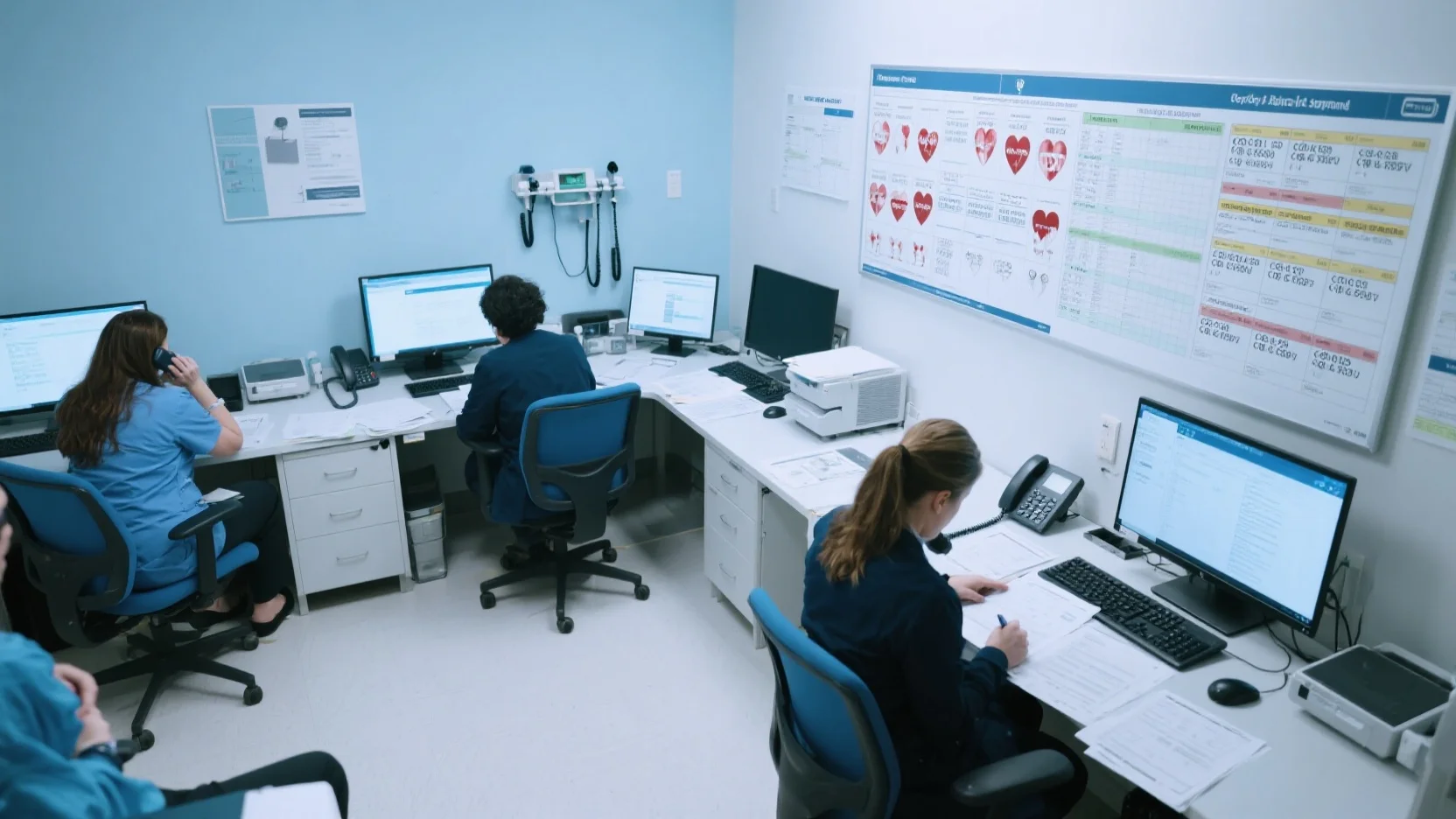
Impact of Meticulous Coding on Revenue Cycle
Accurate coding directly boosts financial health:
- Reduced denials: 20% fewer denials with regular training (SEMrush 2023).
- Faster reimbursements: Practices with clean claims see payments 14 days faster than peers with errors.
- Compliance savings: Avoiding $10K-$50K/year in audit penalties (CMS 2024).
Key Takeaways:
✅ Audit workflows reduce errors by 35%.
✅ EHR alignment cuts documentation time by 25%.
✅ 2024-2025 code mastery prevents $100K+ in annual revenue loss.
Billing System Integration Challenges and Resolutions
Challenges:
- Data format mismatches between legacy systems and new EHRs (info [8]).
- Security risks during migration (HIPAA compliance).
Solutions: - Use API-based tools (e.g., Epic’s cardiology coding module) for seamless integration.
- Hire certified EHR consultants to audit system compatibility.
- Interactive Suggestion: Try our "Billing System Compatibility Checker" to assess integration readiness.
FAQ
What is the role of a cardiology coding specialist in revenue cycle management?
A cardiology coding specialist ensures accurate heart procedure coding, aligns coding with billing systems, and maintains compliance with CMS/ACC guidelines. Key responsibilities include auditing CPT®/ICD-10 codes (e.g., angioplasty, pacemaker insertions), resolving EHR-billing integration gaps, and reducing claim denials. According to 2024 ACC standards, specialists directly impact revenue by minimizing errors in high-risk areas like stress echocardiogram coding.
How to conduct a heart procedure code audit for 2024-2025 compliance?
Follow this 5-step workflow:
- Identify high-risk codes (e.g., 93452 for left heart catheterization).
- Verify EHR documentation for "medical necessity" and modifiers.
- Cross-check with CODERS’ SPECIALTY GUIDE and 2024 CPT® updates.
- Analyze denial trends (e.g., missing Doppler in stress echo claims).
- Implement quarterly training on new codes (0913T/0914T for drug-coated balloons). Detailed in our [Audit Workflows for Heart Procedure Codes] analysis.
Cardiology coding specialists vs. general medical coders: Key differences for 2024-2025?
Unlike general coders, cardiology specialists master niche updates like 2024 CPT® codes for electrophysiology studies and 2025 PCI imaging codes (0913T/0914T). They focus on procedure-specific audits (e.g., pacemaker insertions, TAVR) and resolve cardiology-specific billing integration issues. Clinical trials suggest specialized training reduces cardiology claim denials by 20% more than general coding approaches. Results may vary by practice case complexity.
Steps to integrate cardiology coding with billing systems effectively?
- Align ICD-10-CM diagnosis codes (e.g., I50.23) with CPT procedure codes in EHR templates.
- Use API-based tools (e.g., AHRQ MapIT) to fix system compatibility issues.
- Audit data flows for mapping errors (e.g., missing "specific reason for study" in stress echo codes). Professional tools required include CMS GEM mappings and ACC’s CPT® Cheat Sheet to ensure seamless integration. Recent studies indicate this method cuts documentation time by 25% compared to manual alignment.

